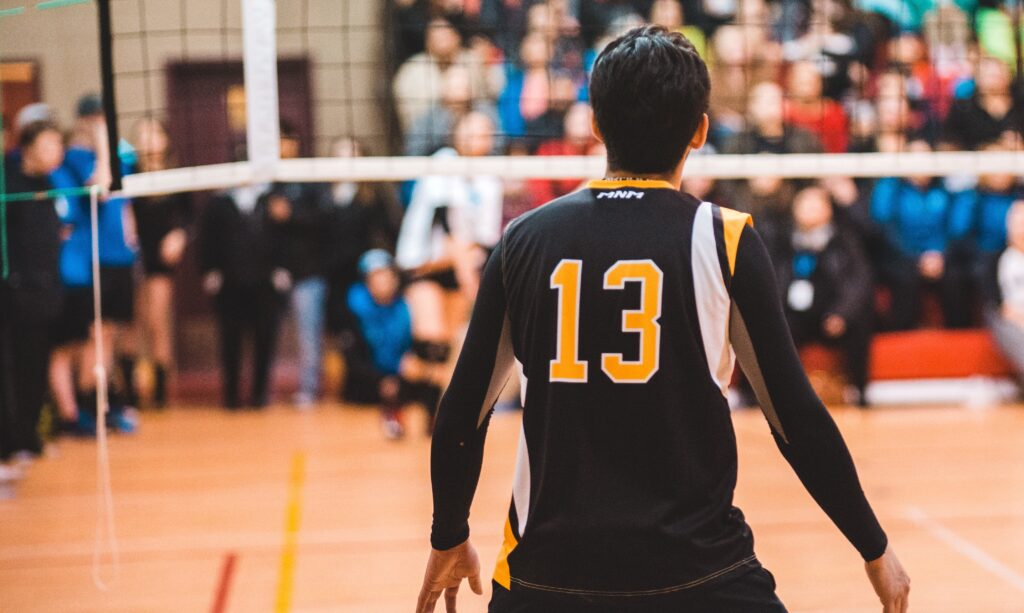What We Can Learn from Youth Sports Events
Amira Beidas

Venues across the country, including ours, have been busy planning and executing youth sports competitions over the last several months. They have been happening safely in many communities, and I think there is a lot that we can learn from youth sports that can be applied to other events. One of the largest convention centers in the country, the Georgia World Congress Center, has been a leader in these events so far, and I had the pleasure, recently, of attending a webinar hosted by their team. The Georgia World Congress Center is a GBAC STAR accredited hospitality campus in Atlanta and at this webinar, they debriefed a 40,000-attendee cheer competition held at their venue. This webinar provided me with some insight into the ways they’ve achieved this and how we can use these real-life experiences to influence our own event preparation. I’ve broken my takeaways down into three categories that I believe are imperative to the event planning process.
Communication
Obviously, communication is a big part of events. It starts with pre-event communications and stays important all the way through the end of your event. While this may be something we all know, this webinar discussed some of the ways communication may need to be more prominent for a COVID-safe event. The Georgia World Congress Center effectively communicated safety information with a vast audience throughout the entire event management process. This included supporting the event organizer in frequent and thorough pre-event communication to set expectations for attendees, providing guidance on start times and expected behavior in the facility. Planners used digital signage throughout the building to reinforce safety messages like masks and social distancing. Organizers made announcements over the P.A. system to remind attendees of policy and talking points were provided to staff for preparedness and increased flow of information. My biggest takeaway for communication during a COVID-safe event is that, at the end of the day, we’re fighting a natural human instinct to gather. This makes constant, clear communication important for attendees to behave in a safe way.
Crowd Management
This one is a big one that was a huge focus of the webinar. If they drove home anything, it was that preparing your groups of people to safely move through your venue requires a good amount of consideration. For the cheer competition, organizers had to consider guest attendance carefully, knowing family and friends would want to come to show their support. Limiting guest attendance and keeping any groupings small and consistent are key to managing a socially distant event. Try staggering start times to discourage attendees from arriving all at once and even consider moving event registration and check-in online to keep large crowds from forming in common spaces. It’s also important to think about the ways your guests will navigate the venue. Laying out one-way paths and clearly marking entrances and exits helps avoid close contact. Put yourself in the attendee’s shoes. What are your instinctual choices to get from point A to point B? And how can you, as the event planner, create a concise and functional way to safely direct guests to the appropriate places?
Health and Safety Monitoring
My final takeaway from this webinar is that good monitoring practices will round out your preparedness. Yes, your event will be safer, but how will you know which policies are most effective and what requirements need the most guidance? The most straightforward answer to this question is to designate a member of your staff or security to act as a safety officer. Creating oversight for policies and their execution creates consistency and then when guests are in attendance, your safety officer can be made available for COVID-19 questions and concerns. From there, they can easily disseminate information and adjustments to keep things safe and flowing. Here in Washington State, a “COVID-19 Program Supervisor” is required for every vendor involved in the event as well as the main organizer for this purpose. It may also make sense to staff extra security to help enforce your safety policies, ensuring masks are worn appropriately and there’s no sharing of unnecessary objects like pens, notepads, and laptops. Some states may require you to keep accurate records of guests for contact tracing, but this is a good practice regardless of it it’s enforced by mandate.
Additionally, the cheer competitions’ organizers implemented temperature checks and self-attested health forms for anyone entering the facility. If you wanted to go one step further, you could require a rapid test to enter the venue, though this could cost more and be more labor-intensive. Along these lines, when you see someone you know, your first instinct is to shake their hand or give them a hug, but it’s important to discourage guests from greeting each other with physical contact.
It may all feel like handholding at times, but we’re in the business of people and we want to keep them safe. The Georgia World Congress Center team made it clear in their webinar that, to truly offer a seamless experience to guests, you have to consider everything. And if it gets overwhelming, just remember to communicate, manage crowds, and monitor safety policies. If you start there, you’ll have a foundation to build upon, and then your event can go off without a hitch too.
